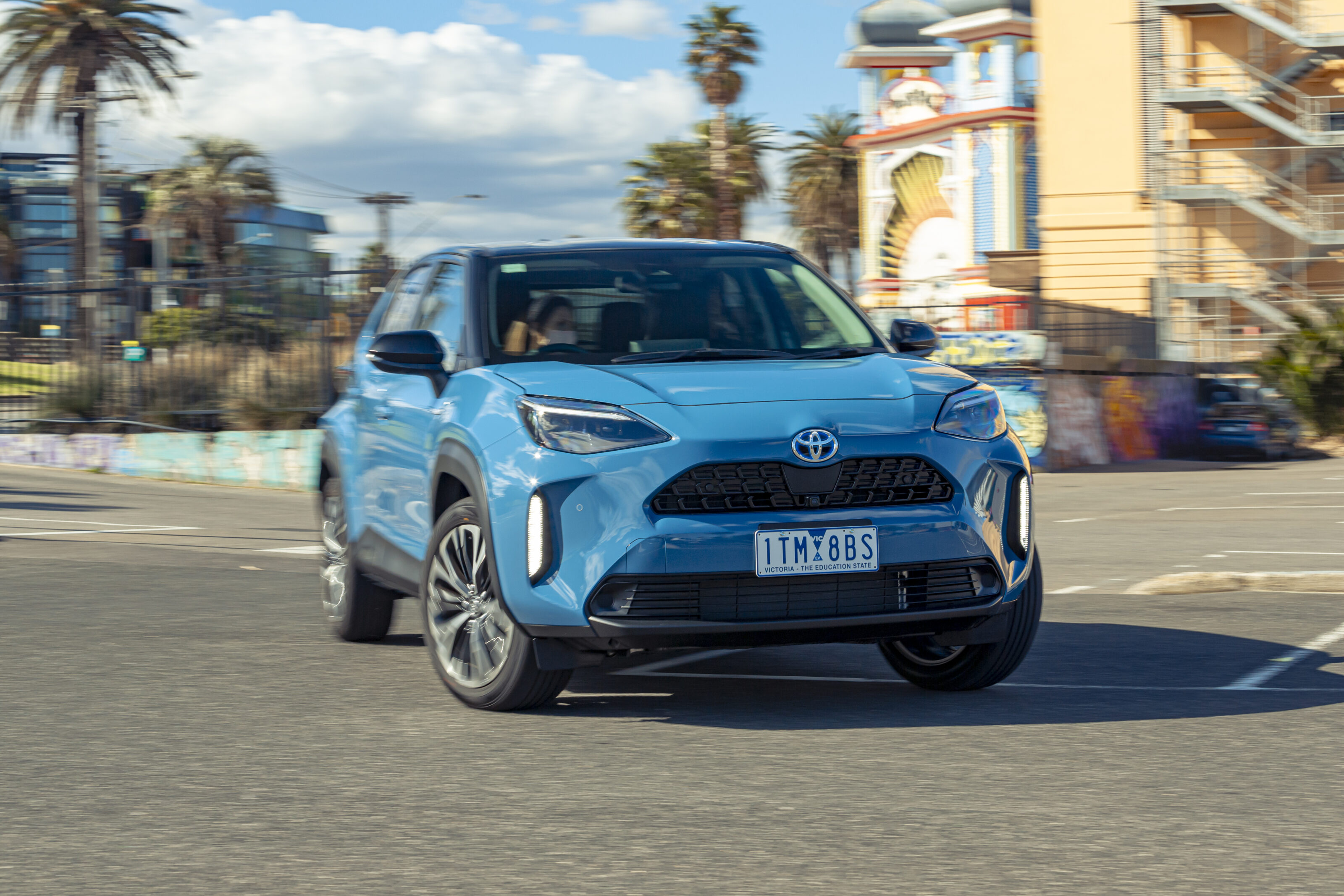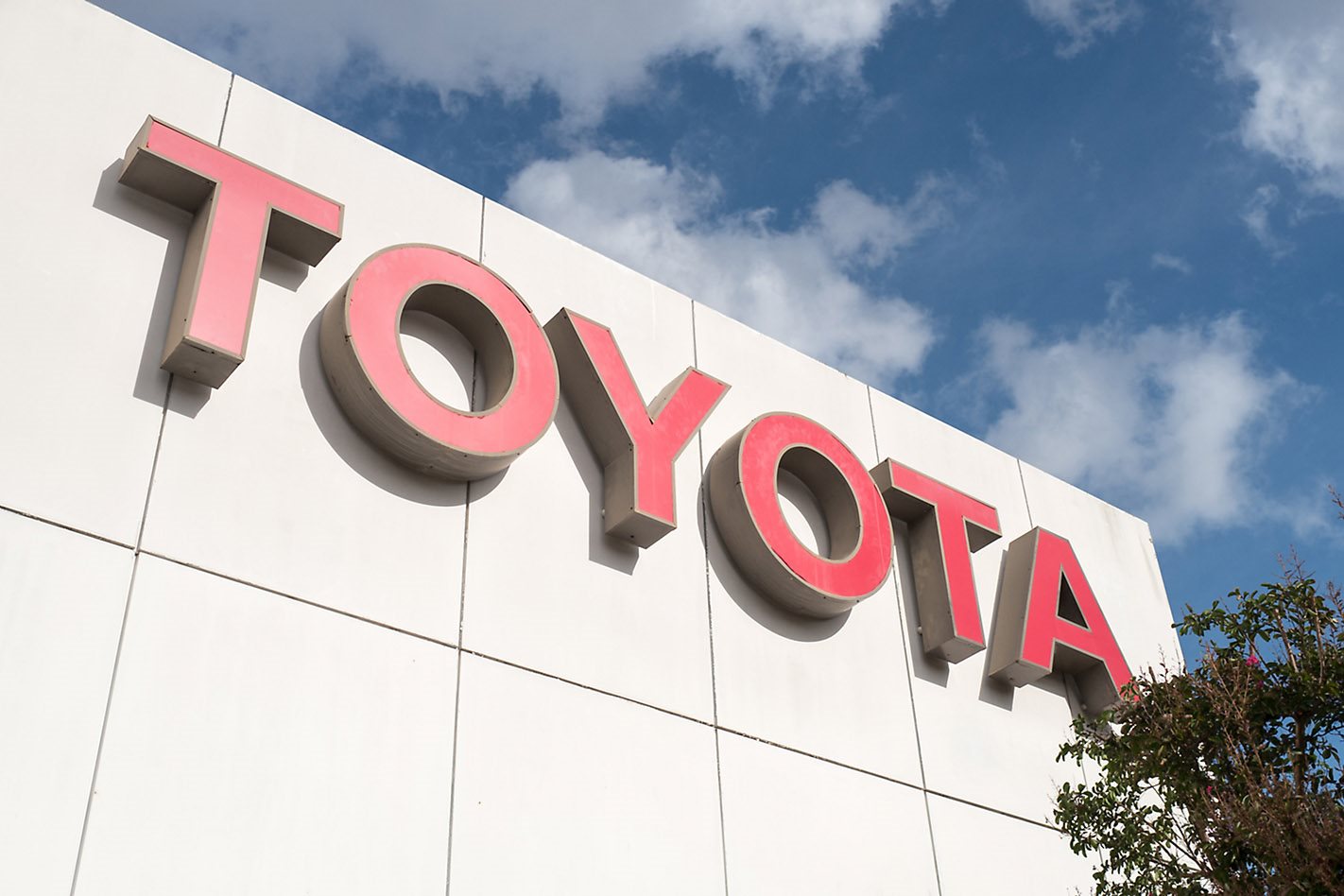
Snapshot
- Ten production lines across nine plants to be paused
- Projected impact of 70,000 vehicles in September
- A total of nine million units are still expected to be made annually
Automotive manufacturing giant Toyota and sub-brand Lexus have announced more production disruptions will occur over the next two months due to the semiconductor shortage.
On top of its confirmation last month of up to 17 local plants pausing production throughout September, the Japanese marque extended this today saying a further 10 lines in nine plants will be frozen this month and next.
Compromising just over a third of its production lines, Toyota says a total of 30,000 vehicles will be impacted in Japan, while overseas stoppages will hamper the production of a further 40,000 units, over the rest of September.
This is in addition to the estimated 360,000 vehicles originally anticipated to miss production this month.

The drop will be compounded by a further 330,000 expected to be affected in October, taking the total for both months to around 760,000.
Despite the shortages in semiconductor chips and the immediate effect it’s having on production, Toyota still anticipates it will be able to manufacture nine million units in a 12 month period – ending on March 31, 2022, although this figure is down from its original projection of 9.3m vehicles.
Toyota models affected include the Corolla, Camry, LandCruiser Prado, Yaris, Yaris Cross and LandCruiser 70, while luxury arm Lexus is also caught up in the shortage – with the ES, NX, CT, UX and RX all set to be delayed.
The announcement comes off the back of Toyota shifting just under 20,000 units in Australia throughout August, accounting for 25 per cent of all new car sales locally.
We recommend
-
 News
NewsToyota announces production cuts, delays to Australian LC300 deliveries
Most popular brand in Australia will face future stock shortages
-
 News
NewsVFACTS: Toyota hits almost 25 per cent market share in August
Firm says it's happy achieving more than 20 per cent, not being fixed on holding a quarter of the market as its goal




